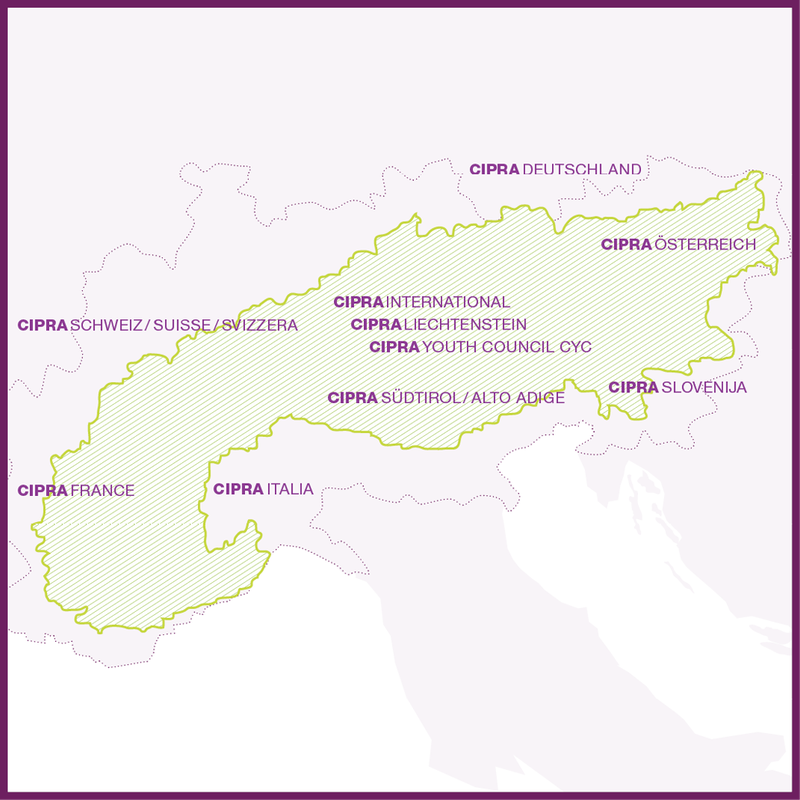Laura Haberfellner, CIPRA International Lab
Innovation to counter emigration
Emigration and the brain drain in the Alpine region: a new EU project involving CIPRA aims to counteract this trend. It is testing innovative governance models to strengthen mountain regions and create a win-win situation for regions of origin, destinations and young emigrants.
More articles

Reaching a conclusion: whatsalp arrives in Nice
After five countries, 568 hours of walking and 66,000 metres of altitude, on 29 September 2017 the “whatsalp” group arrived in Nice after a three-month trek through the Alps. The group’s conclusions were critical in nature.
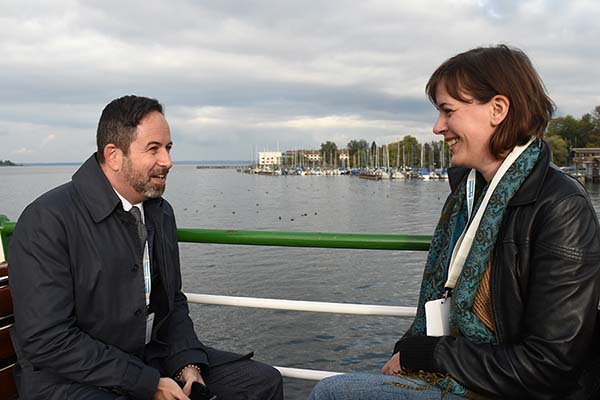
Where ideas make waves
CIPRA is a small organisation with a large network. It enables people to tackle challenges together and learn from one another – like Sandrine Percheval and Cassiano Luminati, who met for the first time at the AlpWeek in Grassau/D.

Going further, together
There is an African saying that goes: “If you want to go quickly, go alone. If you want to go far, go with others.” And the trail to sustainable development in the Alps and to preserving the alpine natural environment, its habitat and its economic area is a very long one indeed. It is one the Alliance in the Alps network of municipalities and CIPRA International have been trekking along together since 1997.
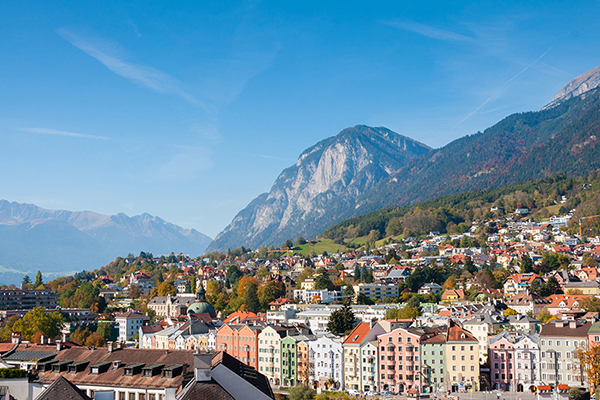
A pioneering region for a carbon-neutral economy and life
The economy of the Alps is to become greener. To make sure it takes on this colour, the comprehensive action programme “Greening the Economy in the Alpine Region” has been launched.
Events
There is nothing to see here at the moment. Why not take a look at the other countries?
Projects & activities
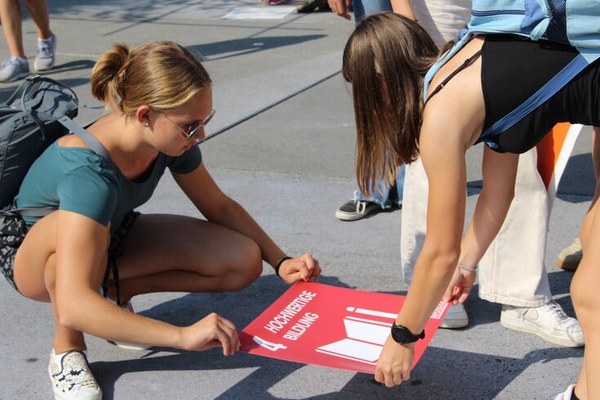
CIPRA International
Ars vivendi
[Project completed] How can the Sustainable Development Goals (SDGs) be learned and taught? In the project «ars vivendi» a didactic tool for the Global Agenda 2030 is being developed.
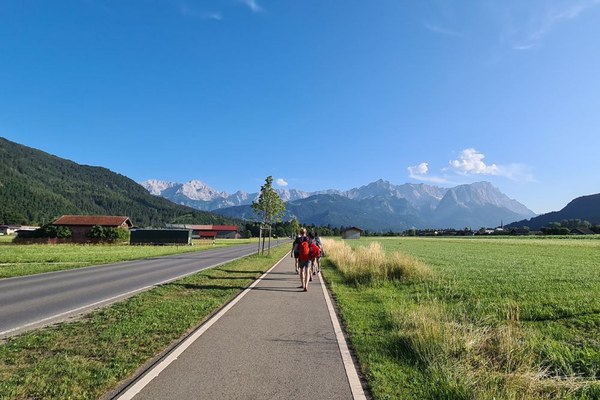
CIPRA Deutschland | CIPRA France
DINAMO
[Project competed] In many rural areas of the Alps, public transport services are inadequate for daily needs and tourism development. In some remote mountain regions, this is one of the reasons why there is a considerable amount of car traffic, especially on weekends, public holidays and during rush hours. There are various reasons for this, including the high cost of public transport solutions due to low population density, inadequate public transport options (such as timetables, accessibility, connectivity, travel time and costs) and political and social preferences in favour of private motorised transport.

CIPRA International Lab
LISTEN
The LISTEN project is analysing the use of space in suburbs on the basis of three pilot regions in Belgium, Sweden and Austria. CIPRA Lab GmbH is working together with partners from research and regional stakeholders.

